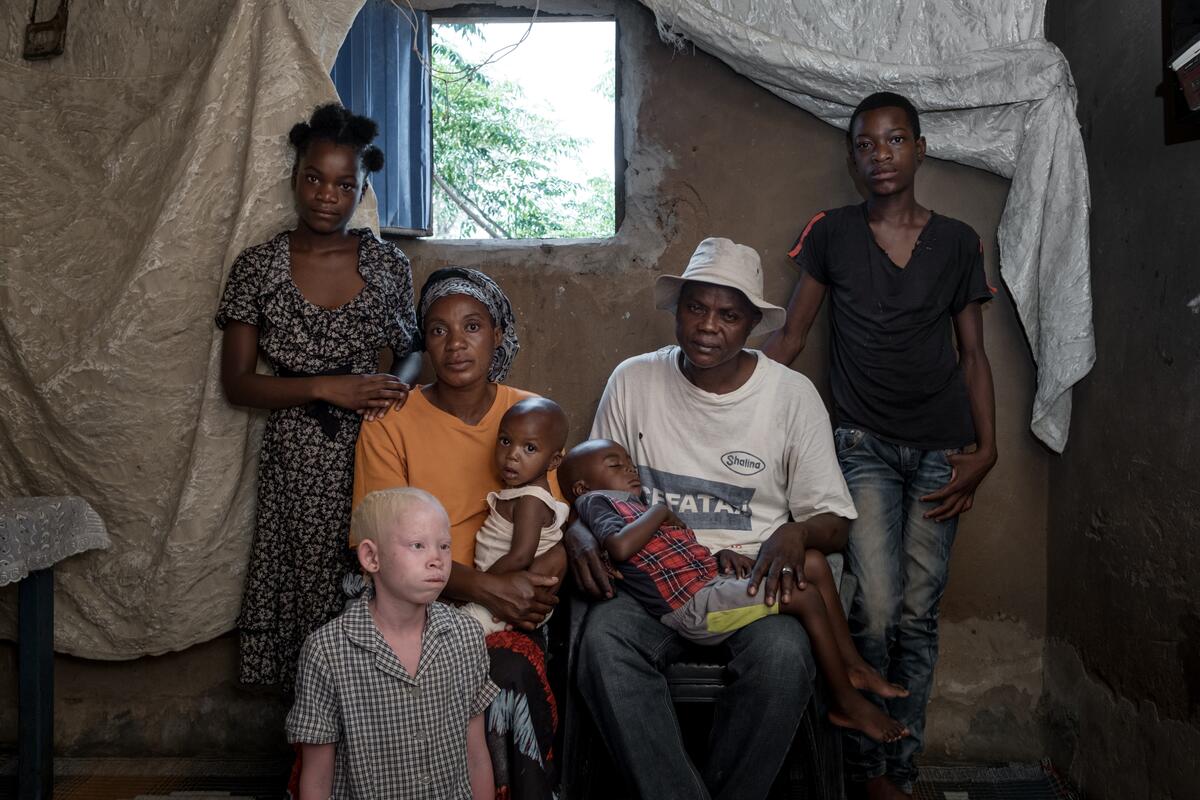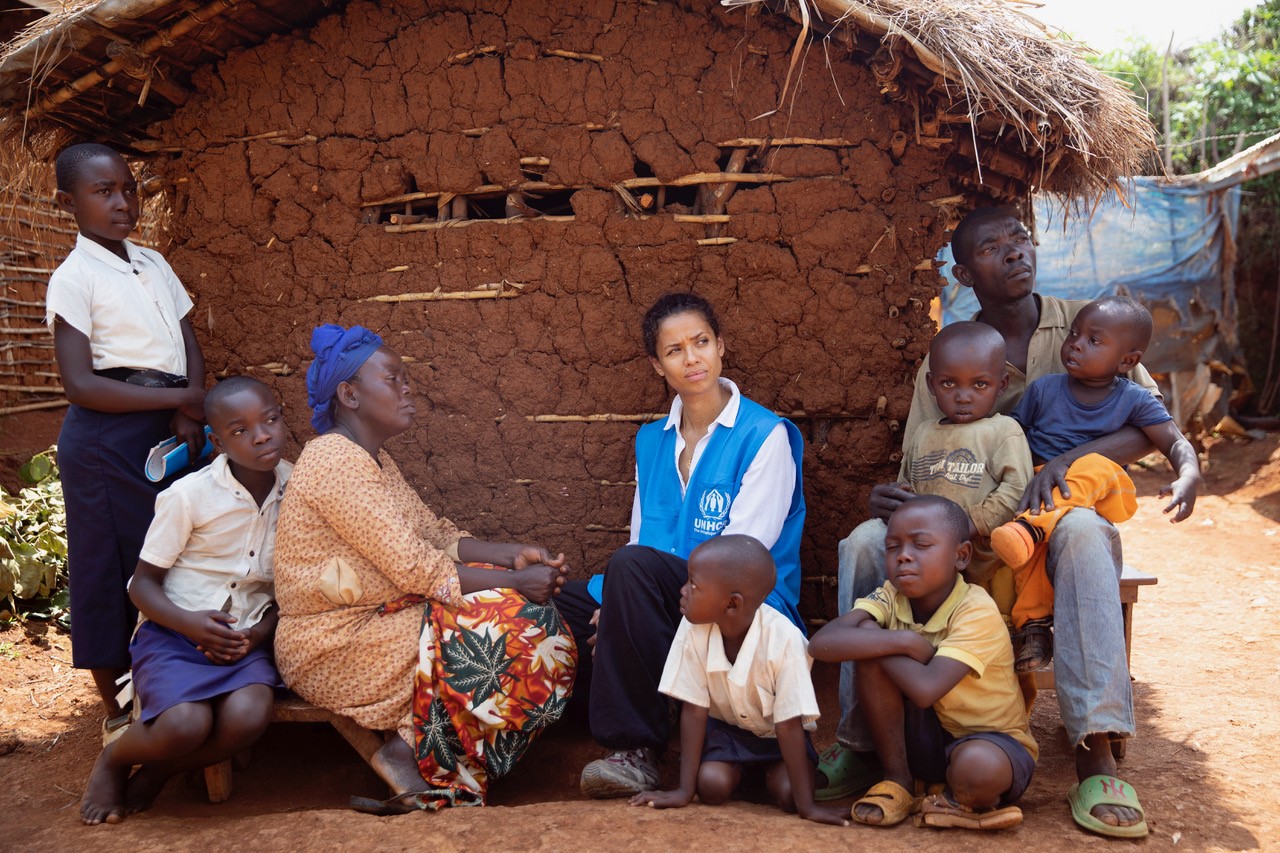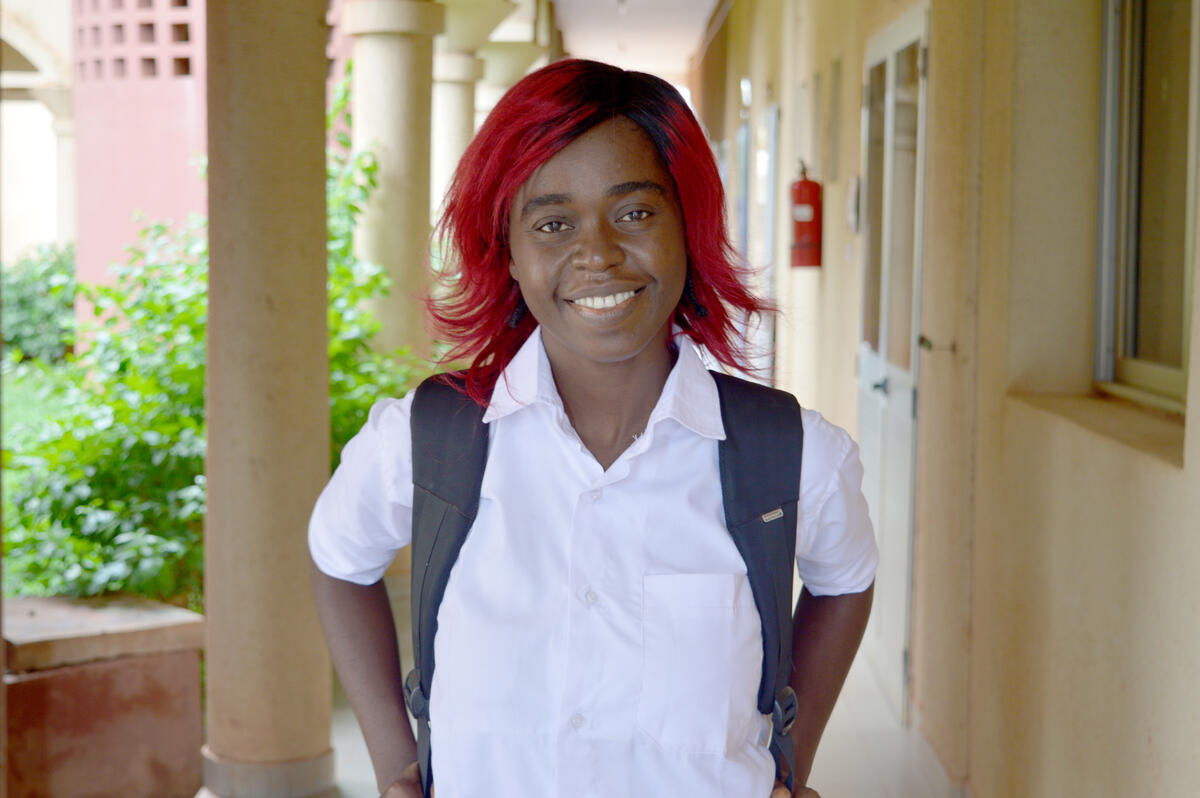Thousands of refugees continue to flee Burundi - UNHCR
Thousands of refugees continue to flee Burundi - UNHCR

GENEVA, June 30 (UNHCR) - Nearly 10,000 Burundian refugees fled into neighbouring countries over the weekend before the Central African country closed its borders on Sunday ahead of parliamentary elections the following day, the UN refugee agency said.
UNHCR said that according to the Burundian authorities the border would remain closed for 48 hours, "as was usual practice" during elections.
"Refugees now have to use informal border crossings through the forest to leave the country," UNHCR spokesperson Melissa Fleming told a press briefing in Geneva.
UNHCR offices in Tanzania, Rwanda and the Democratic Republic of Congo (DRC) started to report a sharp increase in new refugee arrivals from the middle of last week, but this rose rapidly over the weekend (June 27-28).
"Over the weekend, the pace of arrivals spiked, with more than 6,000 arrivals in Tanzania and over 3,000 in Rwanda," Fleming added. "On Monday, we only registered 777 Burundian arrivals in Rwanda, while more than 2,000 refugees managed to reach Tanzania through the forest."
UNHCR figures show a total of almost 144,000 refugees have now fled Burundi since the beginning of April when President Pierre Nkurunziza said he would stand for a third term, a decision which was denounced by the opposition and ushered in a period of violence and political unrest.
Large numbers of other people, who have not registered as refugees, are also believed to have fled the country.
Refugees arriving in Rwanda, Tanzania and DRC said that roads were being blocked and people suspected of heading to the border forced off buses.
Some have reportedly been arrested and others have had their belongings confiscated. Several of the men who arrived in Tanzania over the weekend said they had to walk for several hours, often through the bush and without luggage so as not to attract the attention of party militias and police.
Immigration and government refugee officials in the neighbouring countries continue to register Burundian refugees who manage to get through, even if they use unofficial border crossings.
"While initially most of the refugees were women and children, recently we have seen a growing number of men arriving. They cite the breakdown of efforts to resolve the situation and the lack of hope as the reasons for leaving," Fleming said.
People now fleeing the country say they fear violence will intensify during the electoral period, which started on Monday (June 29) with parliamentary elections and is scheduled to end with a controversial presidential poll on July 15.
In Zambia, 90 per cent of the Burundians registering as asylum seekers are young men.
In the neighbouring countries, UNHCR provides the arriving refugees with initial assistance, including hot meals and transports them to transit centres and eventually refugee sites, where more complete registration, health, water, sanitation and protection services as well as other assistance are available to them.
While UNHCR and its partners have geared up preparations for the arrival of larger numbers of refugees, a regional refugee response plan that seeks US$207 million to protect and assist up to 200,000 Burundian refugees, remains seriously underfunded with only 13 per cent of its requirements covered.
Since pre-election violence started in Burundi, nearly 144,000 refugees have fled the country, mostly to neighbouring Tanzania (66,612), Rwanda (56,508), DRC (11,500), Uganda (9,038) and Zambia (400).









